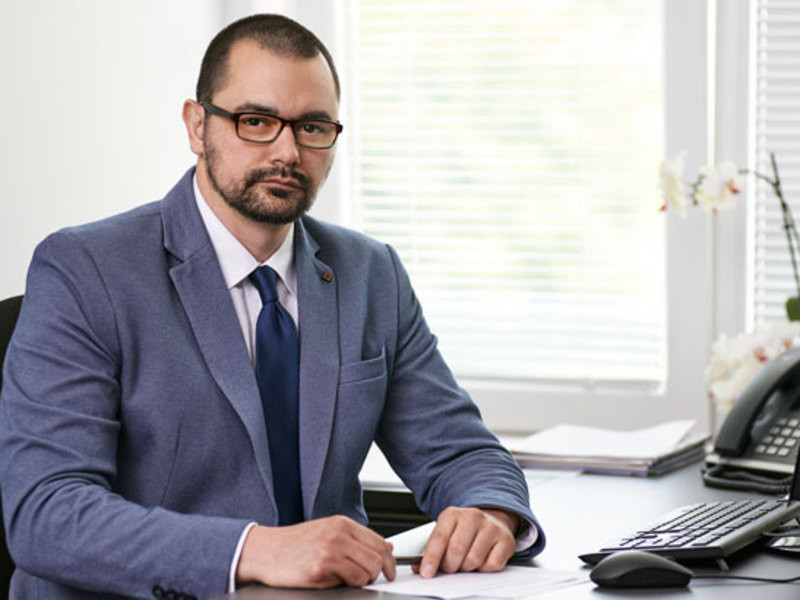A university without borders is a place where one can get access to higher education, no matter what part of Europe they are located in. An alliance of five European universities has undertaken this task. These are Université de Vincennes à Saint-Denis (France), University of Konstanz (Germany), Roskilde University (Denmark), University of the Aegean (Greece) and the New Bulgarian University (Bulgaria).
They have all joined forces to create different educational formats that attract big number of students. These include summer classes, intensive courses, modules, traveling seminars, master's and doctoral programs. Various opportunities are also available to the teaching staff, including language courses and training seminars. According to Dimitar Trendafilov, PhD - Vice-Rector for International Relations at NBU, the idea of this alliance is to move away from the classic type of campuses in order to attract representatives of businesses and the non-governmental sector in the respective European country as partners.

"Together with our partners from the Alliance, we will have much greater opportunities to apply and develop projects that will boost the progress of universities, which are valuable research units that not only have to provide but also to create knowledge. Within the Alliance we have the opportunity to create knowledge together or to open the doors to sharing good practices.”
The alliance was founded thanks to the expanded parameters of the European educational program "Erasmus+", which started in 2014 as a continuation of the programs "Lifelong Learning" and "Socrates". Its aim now is to help build a new generation of educational infrastructure that would lead the development of higher education in the EU for decades to come.
"In this case Erasmus+ will be the circulatory system of these alliances and it could also serve as a link to other alliances and universities that are part of this university network,” Dimitar Trendafilov says. “This will allow for better student mobility to other alliances. We want to encourage students to travel more; to be exposed to other cultures and languages and to different ways of conducting training, as this should not be just an extra part of their education but a major part of education in general."
English: Alexander Markov
The Museum of the Bulgarian National Revival in Varna presents a collection of 15 authentic folk costumes from the collection of the Historical Museum in the town of Popovo. The valuable costumes are from the regions of Elhovo,..
Deanna Haag was born in Cleveland, Ohio, USA. She grew up dreaming of adventure and new horizons. After graduating from Wittenberg College in Ohio with a degree in Fine Arts, her life took an unexpected turn. The young American stood out for her..
Support for the activities of the Institute of Social Activities and Practices in Sofia is the cause that will unite organizers and guests of the Viennese Ball, which has become a tradition for the Bulgarian capital. This year's edition, scheduled..
A team of 12 Bulgarian 11th grade students, led by Elitsa Pavlova, won first place among participants from around the world in the..

+359 2 9336 661
